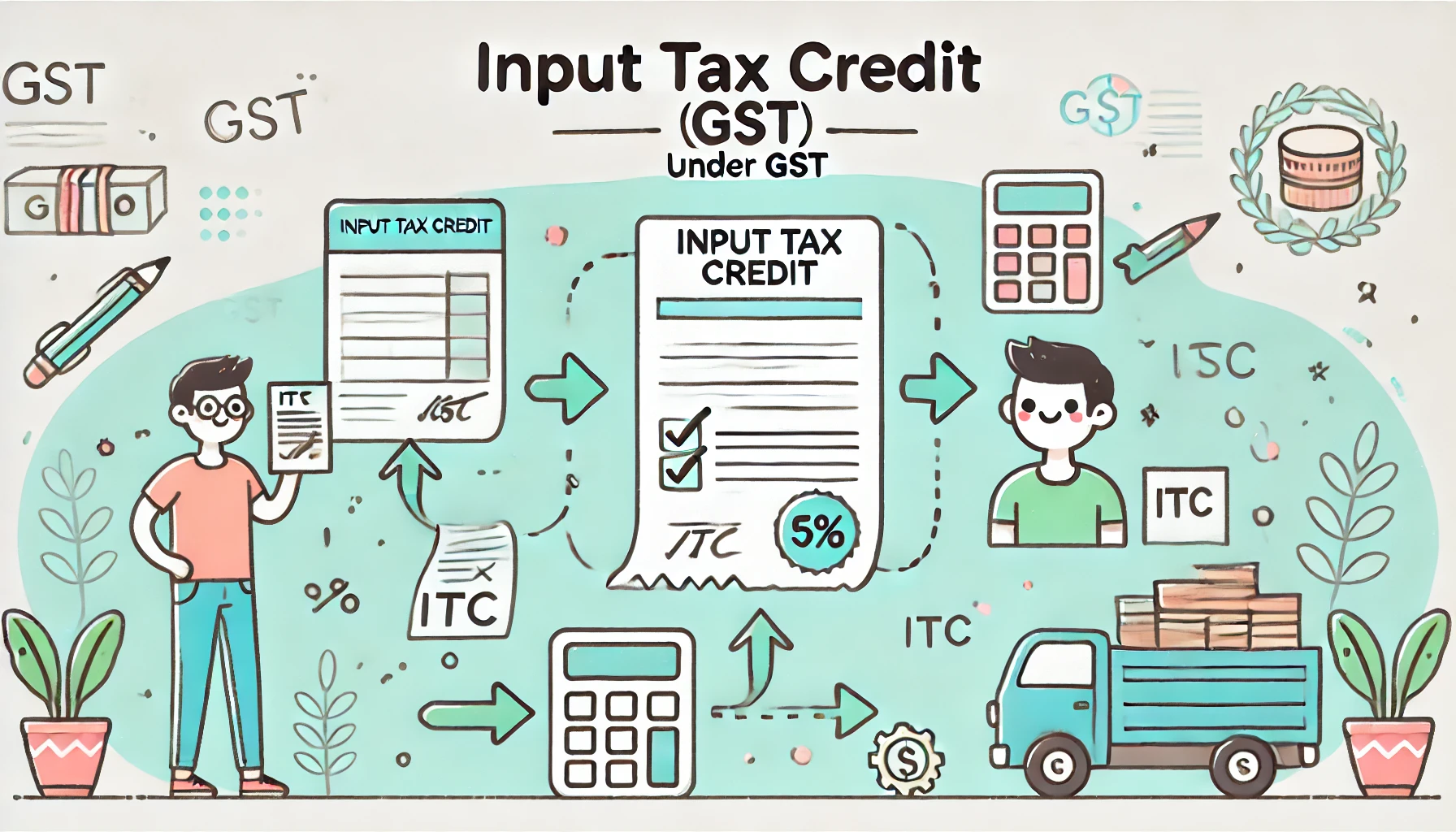Introduction
What is Input Tax Credit (ITC)?
Input Tax Credit is the credit a taxpayer can claim for GST paid on inputs (goods or services) used to produce outputs. It ensures that tax is levied only on the value added at each stage of production and distribution.
Example: If a manufacturer pays GST on raw materials and collects GST on the sale of finished goods, the GST paid on raw materials can be deducted from the GST collected on sales, reducing the overall tax burden.
Who Can Claim ITC?
- Registered taxpayers under GST.
- Businesses using goods or services for taxable supplies, including zero-rated exports.
- Those holding valid documents such as tax invoices or debit notes.
- Claimants whose suppliers are GST-compliant and have filed their returns.
Eligibility Criteria
To claim ITC, ensure compliance with the following conditions:
- Possession of a valid GST registration.
- Usage of goods/services for business purposes.
- ITC must reflect in the recipient’s GSTR-2B.
- Claim ITC before 30th November of the subsequent financial year or before filing the annual return (GSTR-9), whichever is earlier.
Ineligible ITC (Blocked Credits)
As per Section 17(5) of the CGST Act, ITC is not allowed for:
- Motor vehicles (unless used for specified purposes).
- Membership fees for clubs or fitness centers.
- Goods or services used for personal consumption.
- Construction of immovable property, except for plant and machinery.
- Goods lost, stolen, or destroyed.
Reversal of ITC
Reversal is required in cases like:
- Non-payment to suppliers within 180 days.
- Change in use of inputs for non-business purposes.
- Switching to a composition scheme.
Documents Required to Claim ITC
- Tax invoice or debit note.
- Bill of entry for imports.
- ISD invoice for input service distribution.
Recent Updates (2024)
- ITC auto-population through GSTR-2B.
- Restriction on ITC if the supplier defaults in compliance.
- Revised deadline for claiming ITC: 30th November of the subsequent financial year.
Best Practices for ITC Management
- Regular reconciliation of purchase records with GSTR-2B.
- Engage with GST-compliant suppliers.
- Maintain proper documentation for audits.
- Leverage technology for compliance management.

Hi, I’m Vishal
Founder of FinTaxExpert.in, with 7+ years of experience in taxation, audits, and corporate finance.
✍️ I’m passionate about writing and researching in the fields of taxation and finance.
📖 Learn more about us at FinTaxExpert.in.

